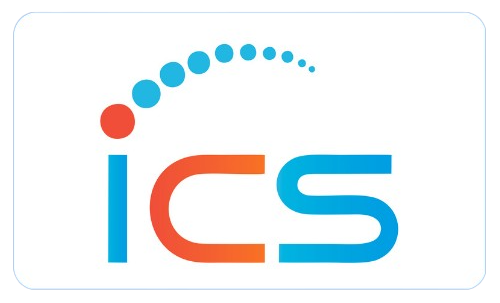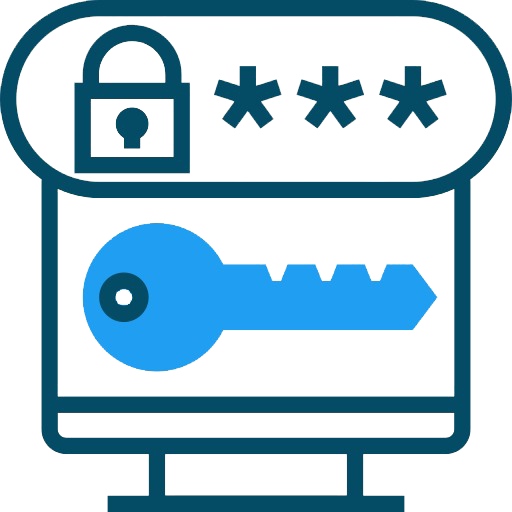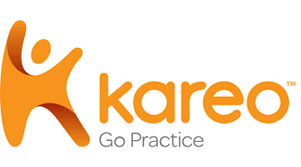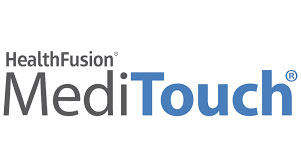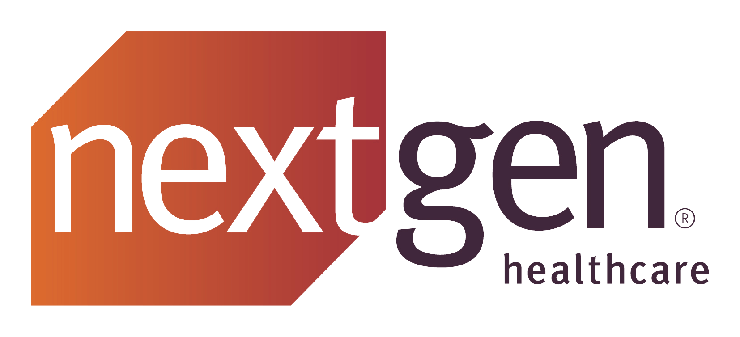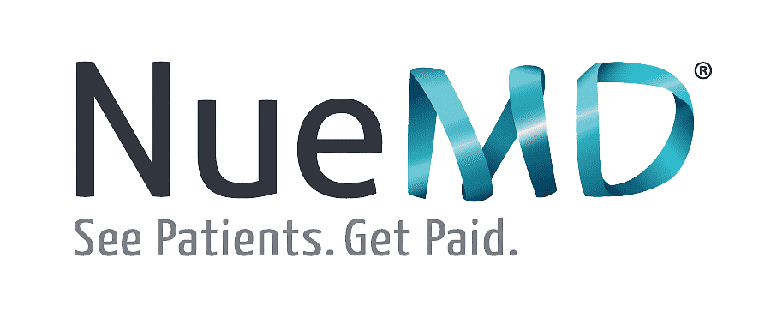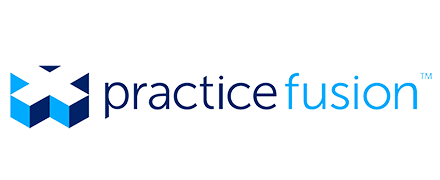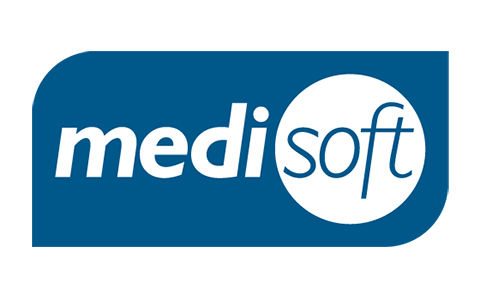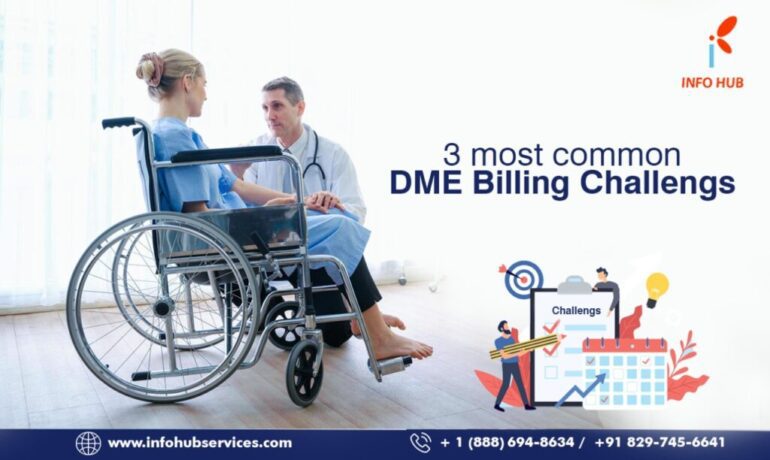DME billing is complex, and Info Hub Consultancy Services (ICS), a leading offshore DME billing company in India comes with the required expertise to help increase your revenue. Efficiency is the key to success in any healthcare setting! Your ability to innovate and improve patient experience while lowering costs and minimizing mistakes is critical to your success. To fulfil these objectives, it is critical to have a well-functioning medical billing system in place. With our DME billing services, we leverage our experience, expertise, and latest technology to ensure complete accuracy and competence.
The Durable Medical Equipment (DME) billing sector is continually evolving due to the ever-changing regulatory compliance. Most organizations find it difficult to keep up with the changing DME billing market, which is why offshore DME billing services are a lucrative option. Medical equipment companies confront a variety of issues, including declining collections, billing errors, the cost of training new employees, and operations that are halted due to a lack of personnel. Understanding the various issues that make up a part of DME billing can help reduce these, and have increased returns. Read on below for the most common DME billing challenges.
Policy Violations
When invoicing or payment for services is not in accordance with the written policy, it is considered a policy violation. DME claims sent to Medicaid rather than Medicare or another primary insurance plan. Medicaid is considered the payer of last resort, so payment should be sought from other insurance first.
Coding Errors
Errors in code are another major cause. The claim will be refused if your billing team submits medical documentation with different codes than the ones billed. Typical coding related challenges are –
- Using HCPCS codes incorrectly to drive a diagnostic related group (DRG)
- For trauma and fracture diagnosis codes, the seventh character is incorrectly applied
- Respiratory failure is misdiagnosed
- Using guidance tools incorrectly
- Inadequate documentation of devices, components, grafting materials, etc
Insufficient Documentation
When a provider’s documentation does not fully support the billed procedure code, it comes under the insufficient documentation error. Common DME claim documentation errors include:
- Medical Necessity – It is critical that the evidence demonstrates the treatments billed were medically necessary under Medicare’s coverage and payment policies.
- Use of Modifiers – Incorrectly employed modifiers for DME billing can result in claims being denied or rejected. Even a misplaced code can result in a claim denial.
- Verification of Patient Data – A common factor is a lack of patient data verification. Claims are denied by the CMS or the insurance provider if there are minor errors in names, or the way forms are filled out.
Without adequate documentation, coders and billers will struggle to enter the relevant information, resulting in claim denials. And, when paperwork is insufficient to support the claim, healthcare professionals not only lose the money, but also the time and effort they put into it.
Ways to Reduce DME Billing Errors
To fix the majority of the faults discovered, there are certain potential practices that can be adopted into everyday billing.
Quality control on services
- Verify the equipment or supplies provided are in accordance with documented policy.
- Verify the delivery of equipment or supplies is in line with beneficiary or representative signature.
- Verify that the completion of environmental modification is completed with beneficiary or representative signature.
Quality control on beneficiary records
- Confirm if beneficiary has other insurance as a major payer
- Determine a beneficiary identifier on each document.
- Double-check the documentation accurately so it reflects the type of DME and quantity delivered.
- Check the quantity of units billed as part of the claims processing quality control.
- Confirm the procedure or service code is correct, along with the service dates entered on the documentation.
- Ensure the claim’s number of units and product description match the documentation’s number of units and product description.
Having a sound team of billers and coders who are familiar with CMS guidelines and regulations can help in timely and accurate DME claims. Offshore DME billing services have the required resources at disposal and are responsible for a knock in profits if they use incorrectly coded modifiers. Given the difficulties and complexities of DME billing, many providers opt for offshore DME billing companies. By offshoring their billing, they gain access to a team of highly trained coders and billers that are dedicated to delivering timely payments, minimized errors and increased collections.
